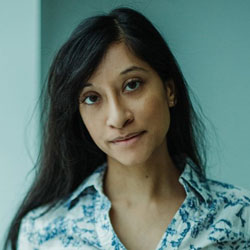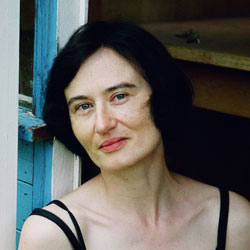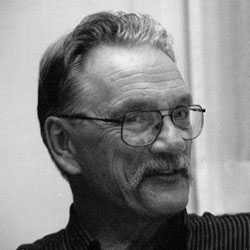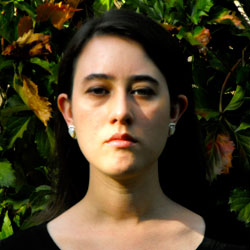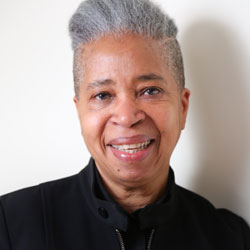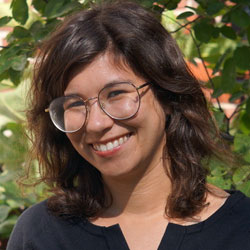I have a home in my son’s hand.
The pier is out, the quay closed at noon.
You can sob, so be it, as if dates, as
though you had an oven of dough
everyone wanted. Day, I’m a over it;
out rowing an O.K. used pear,
sailing your barcode, you shop with the pain
you’re out now, avowing.
Our row cake vice squeezing through
sewer hour, I sail mystery O
sewer! Made on that pall of rat veil
A forms a dream navy
in the unclear I don’t miss saying.
Notes on the Poem
Poetry often possesses the power to sweep us along, even if we don't know where it might be taking us. Shane Book's poem "Janelas", from his 2015 Griffin Poetry Prize shortlisted collection Congotronic, has just such an effect. How the poem draws us in and along compels us to trust the poet, even if we're not sure of the poem's destination. "I have a home in my son’s hand." evokes a warmth and intimacy from the outset that is inviting, even as the next line "The pier is out, the quay closed at noon." bewilderingly has the opposite effect. And then the lines that following, depicting grief, possibly fear, but intimacy again in the form of sensory comforts ... we still want to continue on. The U.S. publisher of this collection, the University of Iowa Press, includes Congotronic in their Kuhl House Poets series, among other works that are "formally and verbally inventive, adventurous work that takes its own path outside established routes of either traditions or experimental poetry." This publisher also quotes Booklist's review of the collection, with an observation both astute and reassuring: "If certain passages challenge readers ... they always reward with new, unusual experiences of language and meaning." The reader willingly follows "a dream navy in the unclear" and still has an experience that will encourage new voyages through this poet's work.



